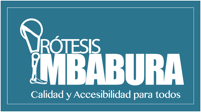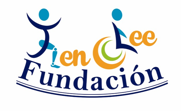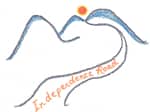Positive Changes for Prosthetic Care in Ibarra
Our prosthetics project of nine years in northern Ecuador is now named Prótesis Imbabura. When we left the Rotary Club of Ibarra’s grounds in January 2016, they ended up with all the equipment, all the components, and all the money. But we ended up with all the staff and all of our ideas and ideals intact. With these most important elements, our project is thriving.
Empowerment of the workers was something we could never fully carry out with our former hosts. Putting the workers in the driver’s seat has unleashed new levels of creativity, motivation, and teamwork. We are amazed to be seeing more patients than ever before, only nine months after starting over from scratch.
Through generous donations of many of you and by careful stewardship, we re-equipped our new center. It is located more centrally. Many volunteers have gathered, contributed and transported components so that we again have the means to provide for the patients. Each patients pays a small amount and in this way we survive and the staff earns a good living.
The gait trainer (adapted walker) project, Pro-Movilidad, moved to Quito and has taken a hard hit. It was only a year old so much more fragile. The Rotary Club of Asheville-Metro (NC) has stepped up to keep it alive and we continue to support it.
Community and international connections are important. We are working closely with the local university, with doctors and therapists, with several local and international NGOs, and with universities in the US. The focus for the future is clearly on education, and collaboration goes both ways. Further advanced training for our staff continues to arrive from abroad. Our staff provides inservice for local professionals and families. In addition, students and new practitioners from developed countries are now coming to study with us in Ecuador.
Thank you everyone for your collaboration and continued encouragement. Thanks to our 2016 professional volunteers, Armand Huneault, Twelve-fingers Expeditions, Laura Nuckels, Justine Collet, Sara Kearns, Robert Biaggi, Angel Garcia, Alba Caceres, and to our four students.
So, our hardest challenges and our greatest uncertainties have resulted in a more sustainable and secure project, care for more patients, and increased opportunities.


